To accompany your Come Follow Me study for April 4-10
In addition to reading these chapters, you may want to:
- Watch the video Come Follow Me LDS 2022 (April 4-10) Exodus 14-17 | God Will Fight Our Battles at https://www.youtube.com/watch?v=4NBY6OVk2ko
- Watch the video segment “The Parting of the Red Sea” from the movie The Ten Commandments at https://www.youtube.com/watch?v=j3CANELyPo0
- Watch the video segment “The Red Sea Scene” from the movie Exodus: Gods and Kings at https://www.youtube.com/watch?v=JCIbQ3BSvJk
- Watch the video Daily Bread at https://www.youtube.com/watch?v=2eMJ6ZDCAp4
If you would like a Kahoot game related to this material which you could use for personal study or use with your family or your class, click here: https://create.kahoot.it/share/exodus-14-17/1358b637-6128-4727-9712-a40f5c0dd60d
Points to Ponder in Exodus 14-17
1. Can you list ten miracles the Lord performed in this week’s reading? Why were there so many?
2. How many times does Exodus 14-17 record the Lord’s speaking with Moses?
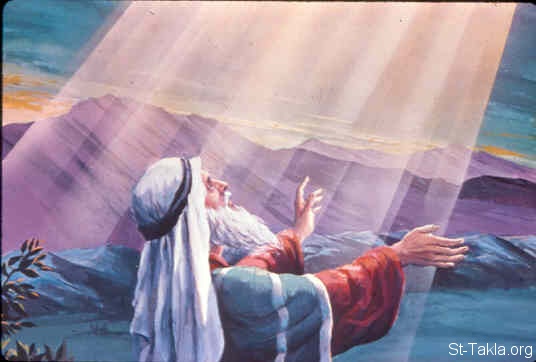
3. How many times does Exodus 14-17 record the people’s complaining to Moses, and why?
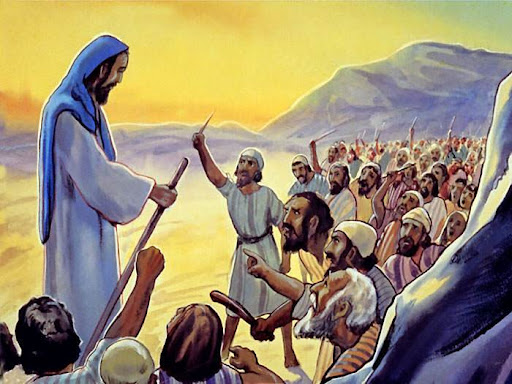
4. What additional insight into the dividing of the Red Sea is provided by Moses 1?
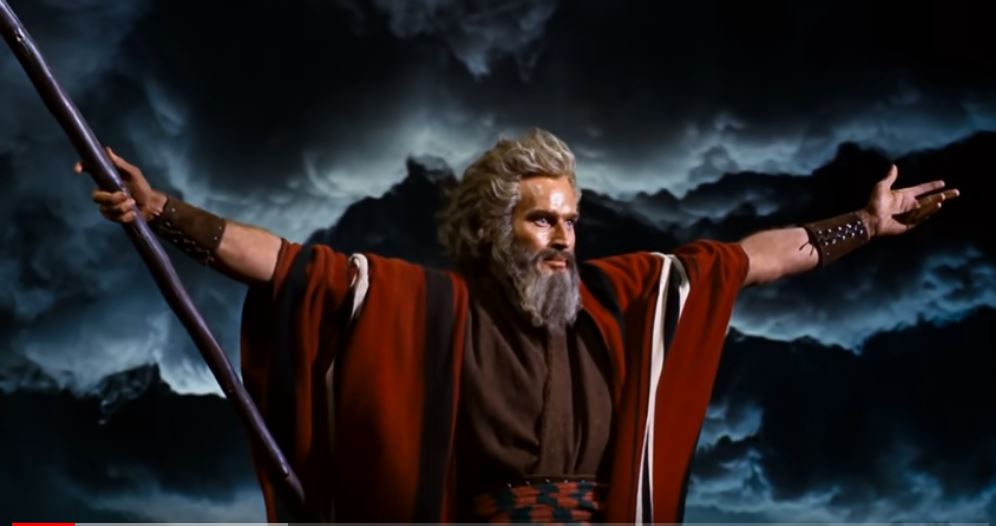
5. What are the general principles (universally applicable) that you feel are best taught in Exodus 14-17?
Possible Answers to Points to Ponder in Exodus 14-17
1. Can you list ten miracles the Lord performed in this week’s reading? Why were there so many?
- Pillar provides darkness to Egyptians and light to Israelites, protecting the Israelites during the night. (14:20)
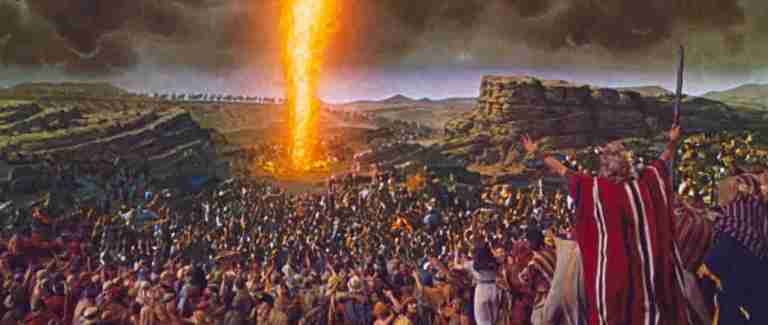
- Parting of “Red Sea” (14:21) to permit the Israelites to cross.
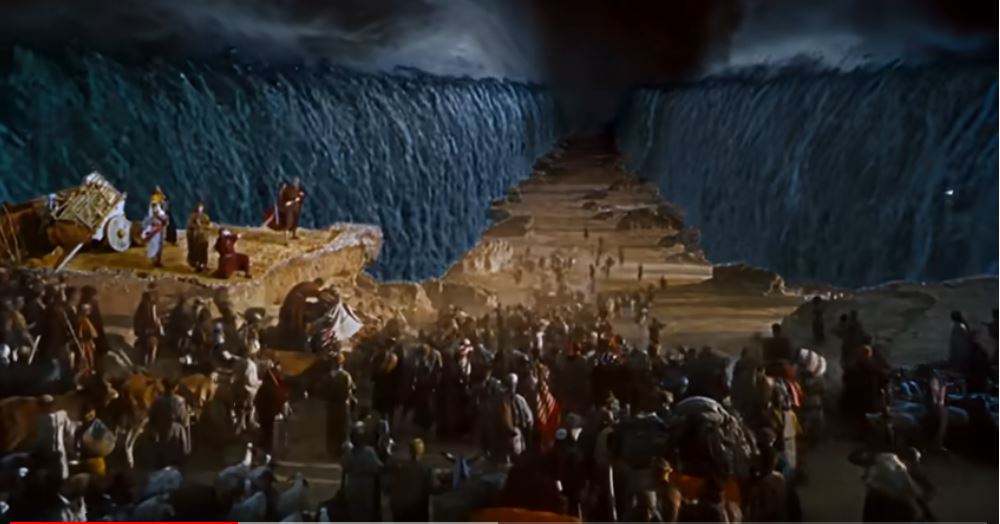
- Lord “troubled the host of the Egyptians” and bound their chariot wheels. (14:24-25)

- Sudden closing of the Red Sea (14:27), drowning the Egyptians

- Waters made sweet by Moses’ casting a tree (which the Lord showed him in vision) into the bitter waters. (15:25)
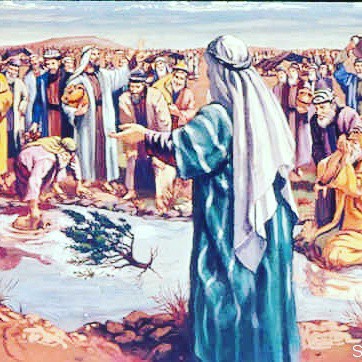
- Glory of the Lord appears to the entire congregation in a cloud. (16:10)
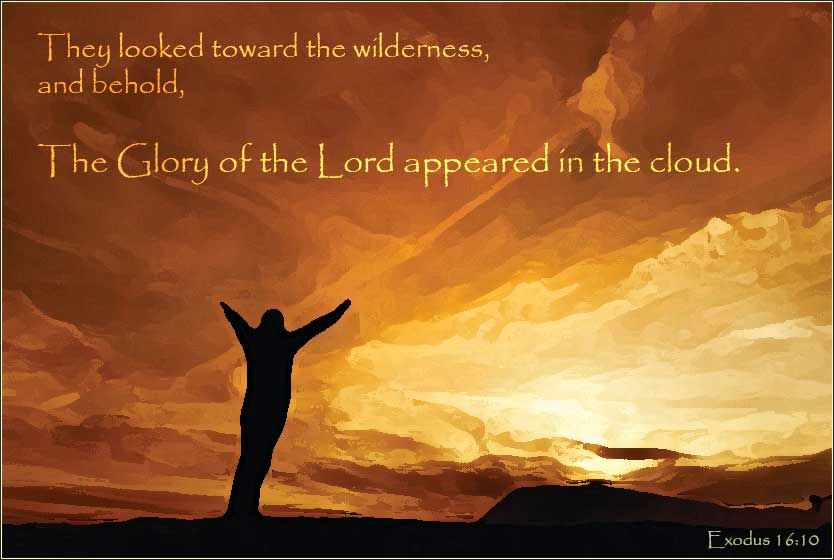
- Quail (16:13)
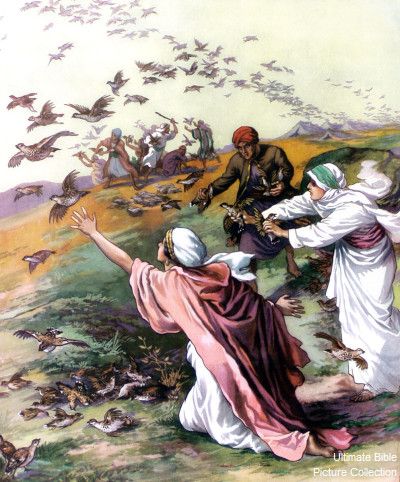
- Manna (16:13-15) every day, melting in the hot sun, bred worms and stank if left until the morning, except on the morning of the Sabbath
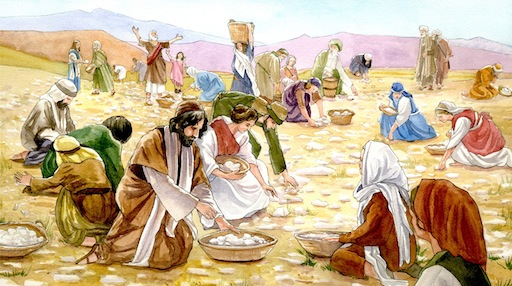
- Water from rock (17:6)
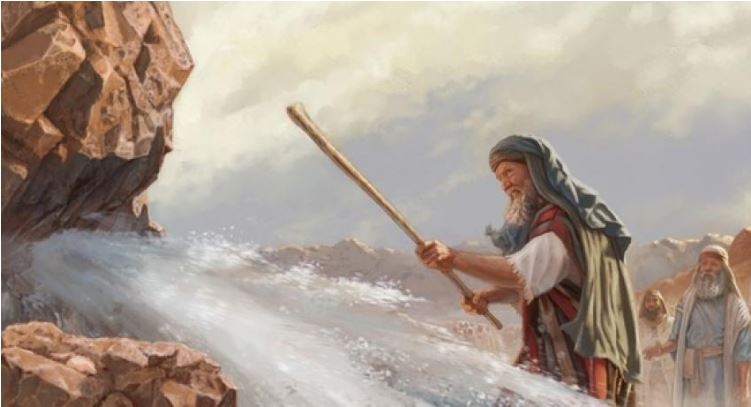
- Israelites prevail against Amalekites when Moses’ hands are held up but begin to lose when his hands are lowered. (17:11)
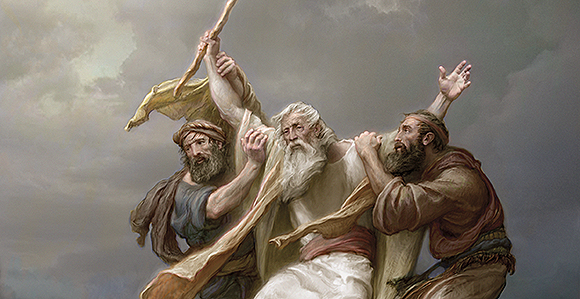
The answer to why there were so many miracles at this time seems to be that the Israelites had no other resources to escape from the Egyptians, to feed and provide water for themselves in the desert, and to fight against their enemies. Nephi’s assurance that “it is by grace that we are saved, after all we can do” (2 Nephi 25:23) thus has a temporal as well as a spiritual application.
2. How many times does Exodus 14-17 record the Lord’s speaking with Moses?
- 14:1
- 14:15
- 14:26
- 15:26
- 16:4
- 16:11
- 17:5
- 17:14
3. How many times does Exodus 14-17 record the people’s complaining to Moses, and why?
- 14:11 Egyptians are pursuing them
- 15:24 Bitter water
- 16:2 No food
- 17:3 No water
4. What additional insight into the dividing of the Red Sea is provided by Moses 1?
From Moses 1:25 it appears that Moses was to speak to the waters and they would obey him, rather than merely raise his rod.
5. What are the general principles (universally applicable) that you feel are best taught in Exodus 14-17?
Your choice. My list would include:
- The Lord will continue to speak to us through His living prophet.
- Nothing is too hard for the Lord. He can and will save us from disaster if we will put our trust in Him.
- The Lord typically waits until the last minute to perform His miracles, to test our faith.
- Miracles do not have permanent converting power. (The Israelites had little faith that their problems had a divine solution, even when they had so recently seen other miracles.)
- Just as manna needed to be gathered daily, so does our spiritual nourishment depend on our seeking and consuming spiritual nourishment each day.
- If we uphold and sustain our current prophet, we’ll be blessed, as the Israelites were when when Aaron and Hur sustained Moses’ hands during their battle with the Amalekites.
- Just as Miriam, Moses’ sister, was considered a “prophetess,” so are our sisters today entitled to the gift of prophecy and revelation.
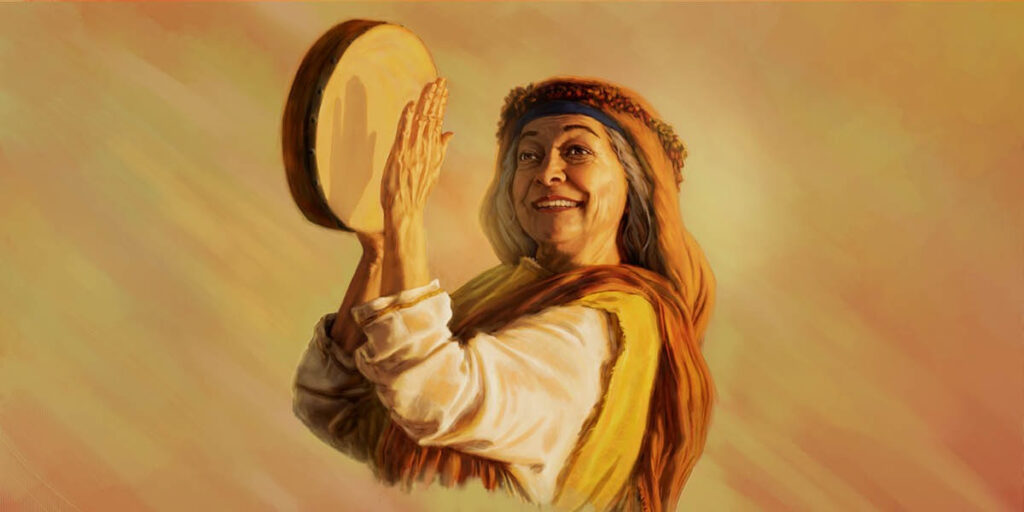
- It is important to retain a written record and mementos of God’s special blessings to us, just as the Israelites were instructed to preserve a pot of manna for future generations.
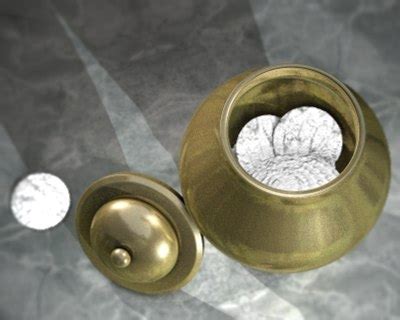
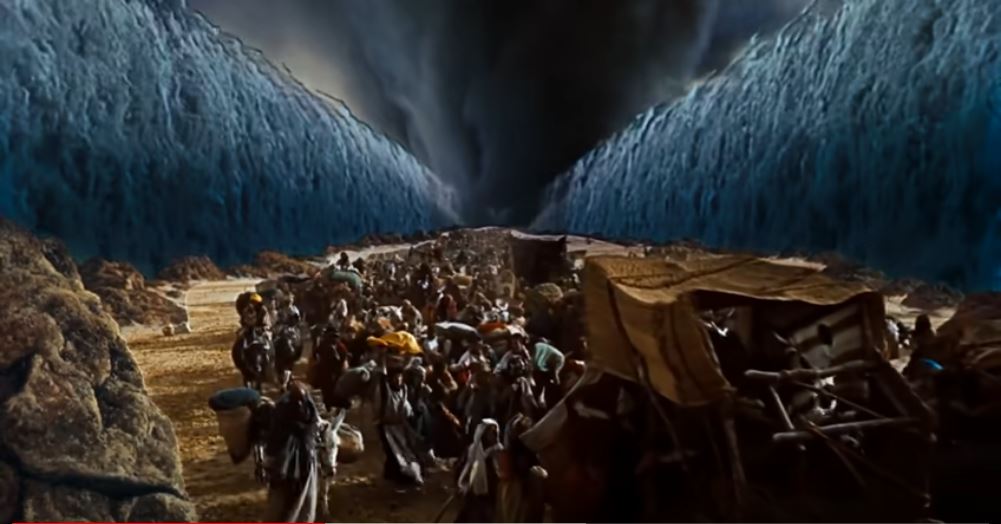
Thank You